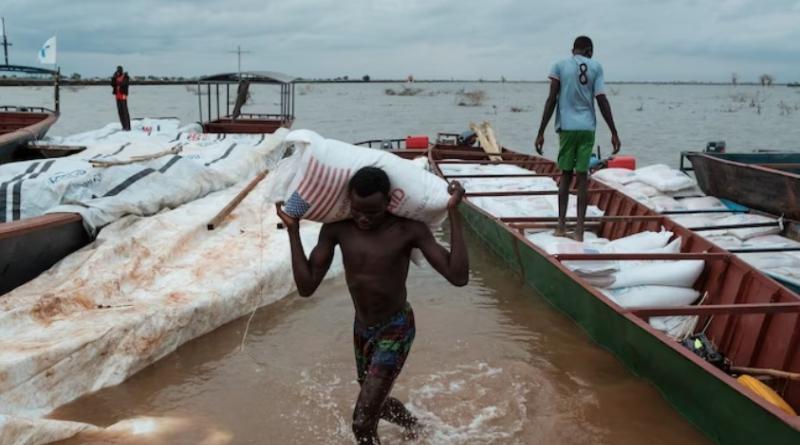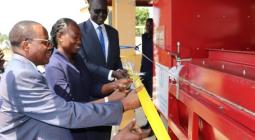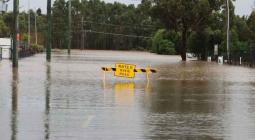Opinion - South Sudan’s residents face the harsh realities of climate change

The Nov. 5 front-page article “In South Sudan, a climate crisis deepens misery” shone a light on an issue that is often overlooked. Having visited South Sudan twice in recent years, I’ve witnessed the harsh realities the article captured — those who contribute the least to climate change, including the people of South Sudan, bear its most devastating impacts.
This reality is well-documented. The World Bank states that the 74 poorest nations, producing less than 10 percent of global greenhouse gases, are unfortunately the most susceptible to climate-induced challenges. Similarly, the International Monetary Fund warns of escalating hunger in fragile states because of climatic adversities.
As the chief executive of a Christian humanitarian organization, I hold the belief that we are stewards of God’s creation, including both the environment and humanity. Though many in the faith community grapple with how to respond to climate change, stories from South Sudan underscore the urgency of the issue and the human side of things. Our actions in affluent nations have profound implications worldwide. Let this serve as a wake-up call for many and an invitation to prioritize the basic needs of our global neighbors over our own comfort and excessive consumption.
The writer is president and chief executive of World Relief.
PHOTO: A young man carries a bag of Sorghum in Bentiu, South Sudan, on July 26. (Guy Peterson for The Washington Post)





